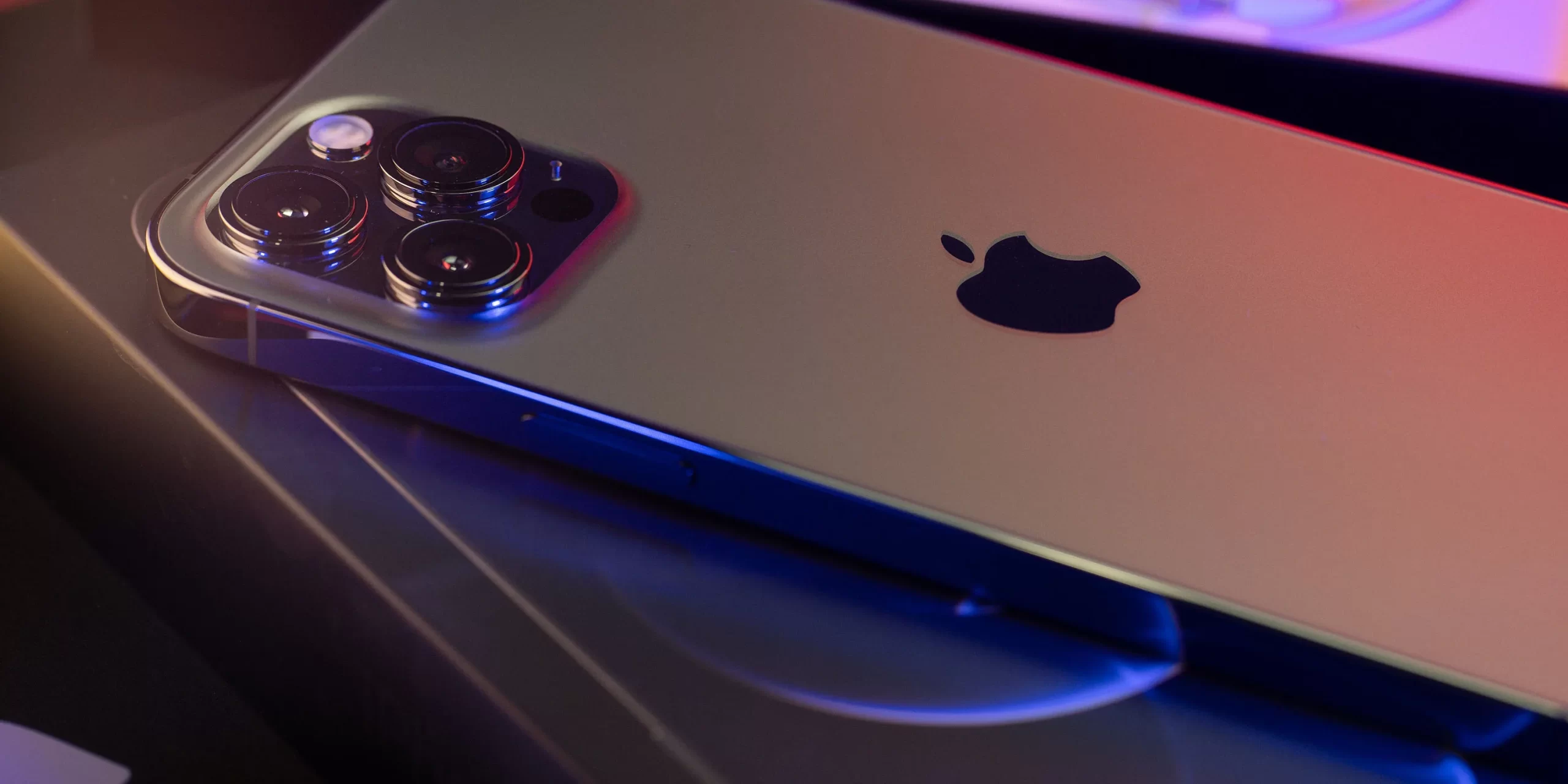Apple has just announced its newest iPhone – the iPhone 14. It’s sleek, shiny, and has a ton of new features. You might be wondering: should I upgrade? Is it worth the money? In this blog post, we’ll look at why you might not want to upgrade every year. Keep reading to find out more!
It’s fine even if you upgrade your iPhone every few generations: Most iPhones have a lifespan of about 4-5 years, so there’s no need to upgrade every year. Sure, the newest iPhones come with many bells and whistles, but if you plan on using your current phone for several more years anyway, why waste money on an annual upgrade? In addition, you will get regular updates on your iPhone for at least four years. So, unless you want to, we advise against getting a new iPhone year after year.
You could save yourself some cash: Not only is it unnecessary to upgrade your iPhone each year, but you could also be saving yourself a lot of money by waiting. The newest models are always the most expensive, so if you hold off a little while until they drop in price (or even find them used or refurbished), you’ll get more bang for your buck.
It’s less future-proof than you think: Each year, Apple releases a new version of the iPhone, and it’s better than the last in most ways. But that doesn’t mean it will be perfectly future-proof. With updates coming out regularly, some features may become outdated or even obsolete sooner than you expect. Plus, if you wait a few years for an upgrade, you might find a model with more features that won’t become obsolete as quickly!
There are other options: There are plenty of great alternatives to iPhones on the market. From Android devices to Windows phones and more, there are many options available if you want something different from what Apple offers. This way, you can avoid upgrading yearly while still keeping up with technological advancements and enjoying all the latest features.
You will probably be keeping more than a few tons of waste out of our landfills: Record shows that phones make up for around 34% of all e-waste in the world, as most people buy a new phone every year. By not upgrading to the newest iPhone each year, you will be doing your part for the environment and helping to reduce waste.
Do you even use all the features? Think about how you use your phone. If you’re mostly using it for basic tasks like texting, social media, or emails, then a newer model won’t make much of a difference. So why waste money on all those high-end features if you aren’t even going to use them?
Think about refurbished phones: If you’re keen on upgrading your phone each year, why not buy a refurbished model? This way, you’ll get the same features as a brand-new one, but it will be much cheaper. Plus, many refurbished phones come with warranties, so you can rest assured that they are in good condition.
It doesn’t make a difference: Whether you have the iPhone 13 or the latest iPhone 14, it doesn’t make a difference. They all run on the same Apple iOS, and you’ll still be able to access the latest apps, updates, etc.
At the end of the day, it’s up to you whether or not you want to upgrade to the newest iPhone each year. But if you’re looking for a way to save money and still enjoy the latest technology without constantly updating your device, then waiting a few years is the better option. There are plenty of great alternatives available which could suit your needs just as well – so take some time and think about what’s best for you before making any decisions. However, if you do decide to get a brand-new iPhone, here are ten things you should consider before making that jump:
- Do you need all the features that come with a newer model?
- Can you find a cheaper alternative?
- How long will it take for the technology to become outdated?
- Have any of the features been removed from later versions?
- Is there an older version of the phone which might suit your needs better and be more cost-effective?
- Are there any other mobile phones on the market that offer comparable features but at a lower price point?
- How much time have you spent researching this before making your decision?
- What is your budget like – can you afford to upgrade regularly, or should you wait until there’s a sale or special offer?
- How much will the new phone cost you on your current plan?
- What is the return policy if you’re unhappy with your purchase?
Before you upgrade to the newest iPhone each year, you must consider all aspects of your purchase. Consider whether you need all the features that come with a newer model and if cheaper alternatives are available. Also, ask yourself how long until the technology becomes obsolete and if there are any older versions that suit your needs better. Finally, research and find out what other mobile phones on the market could give you comparable features at a lower price point. With these tips in mind, you’ll be able to decide which best suits you.







